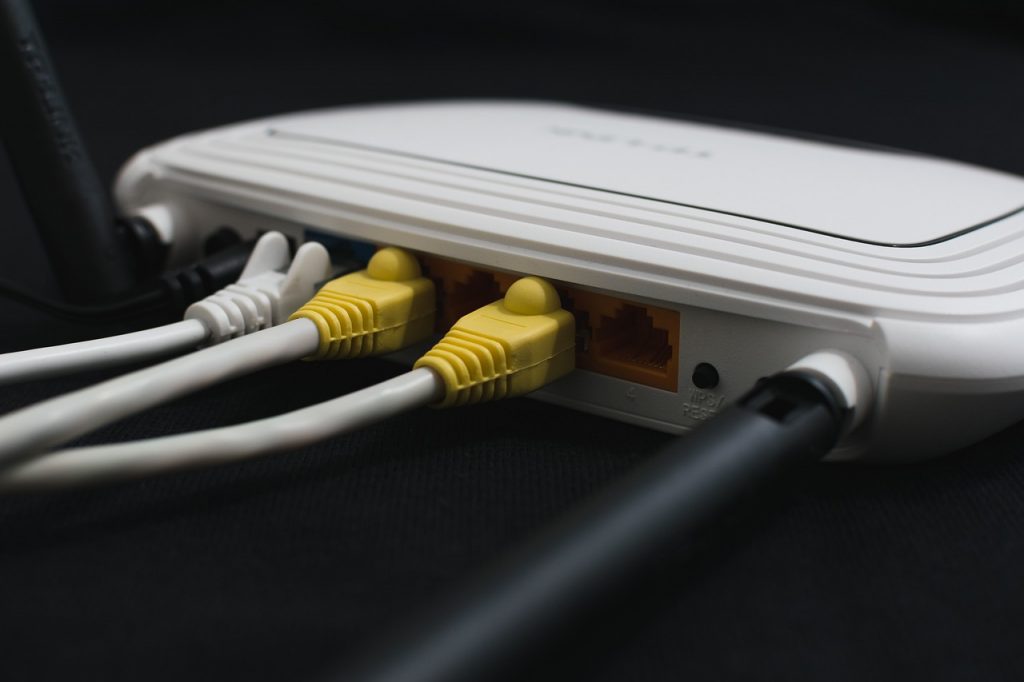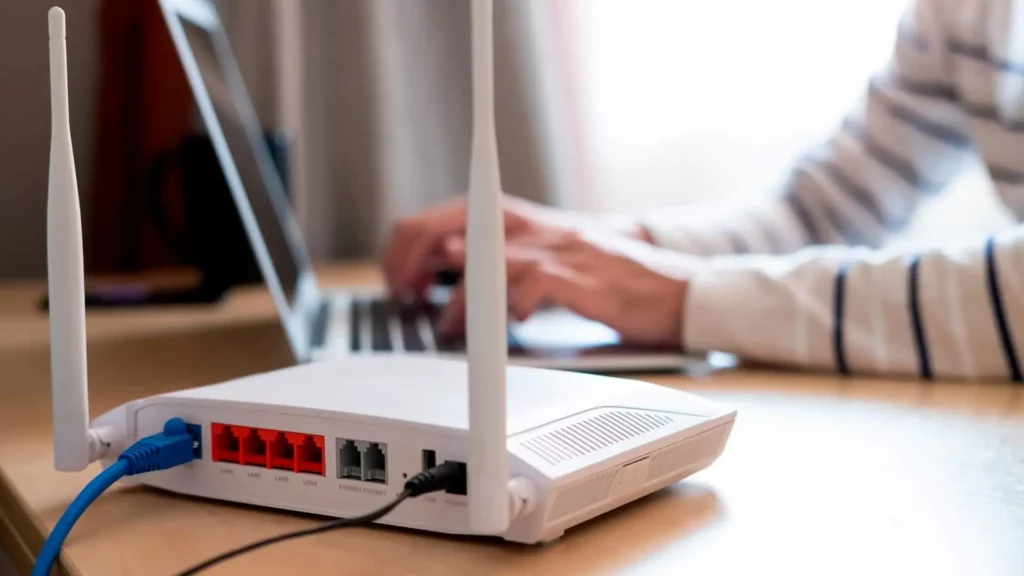Over time as you keep using the Internet, the connection may slow down, and this will cause issues with your network connectivity. Luckily, this may be easily remedied by resetting the router. However, you may be wondering how often should you reset your router.
Suppose you have a router that you use to connect online. In that case, you should know that resetting it from time to time is incredibly important for ensuring a fast and reliable internet connection. With a slow connection, your work calls or even the movies you watch may keep buffering.

How Often Should You Reset Your Router
Most internet providers recommend that a router be reset at least once a month. Resetting the router as little as once a month will help keep the network connection fast and steady. This will help you avoid slow connectivity and fix any other issues that may occur.
Frequent resetting
One of the first things you may try if your internet goes out is to reset your router. Restarting your router can clear away undesirable devices from your network, stop harmful attacks on it, and reset your connection settings.
Rebooting your router is recommended at least once a month or whenever you experience sluggish internet or network performance. Resetting a router is a great technique to enhance the Internet and network connection, stop hacking, and correct any tiny issues or flaws with the gadget.
You can select whichever frequency works best for you because there are no drawbacks to frequently restarting your network. Therefore, you can pick a specific time to reboot the router. Most operators recommend resetting your router at least once a month, but you may do it as often as you want.
You should always keep an eye out for signs that your router needs to be reset. Constant disconnections, sluggish internet speeds, or devices that have trouble connecting to WiFi are a few of these warning signs. It is time to restart the router when one of these things occurs.
What happens when you reset it?
You may be able to fix numerous connectivity and speed difficulties by restarting your router. Resetting your router means erasing all data, configurations, and connections and returning it to its default settings.
You must set up the router and reconnect it to each previously connected device when it turns on. Get in touch with your internet service provider at this stage if you do not have any knowledge of router configuration.
Read more: How Can I Test My Router for Problems

How to Reset Your Router
There are several ways in which you may deal with and fix the issues that are causing your internet connectivity to be slow. Some of them are:
Manually unplug the router
Remove your router and modem from any devices to which they are connected. After unplugging it, give the router a minute or so to cool down completely and for all your devices to confirm that the WiFi network is indeed off.
Return and re-plug the modem into its power supply. A minute should be plenty to give the modem time to warm up and prepare to transmit its lovely internet connection. Reconnect the router to the modem, the outlet, and any additional connections required.
Firmware update
The essential piece of software that keeps your router running is the firmware. Although router firmware isn’t updated as frequently as computer operating systems, it does so occasionally, particularly when a serious security issue arises.
The next thing you should do is download any fresh router firmware so that any potential router vulnerabilities can be fixed. You will need your router login credentials for this. Usually, you can check for firmware and then download it using an app or administrator website.
Even obscure router brands should have instructions on accessing these administrative capabilities. When logged in, the option to update the firmware, router, or anything similar will be one of the choices. Pick this choice, then adhere to the directions.
Remotely resetting the router
Perhaps you can not physically access the router, or it is in a difficult-to-reach place, and the notion of getting to it makes you cringe. With access to the appropriate webpage, many routers can be rebooted.
Your router will need to know its public IP address, which you may find out from a few places. You can reach the router’s administration page by searching for your public IP address. You will need to enter your password information here.
While each router manufacturer has a unique website, most include options to remotely reboot your router. To locate the best choice, perform a web search for the word “reboot” or go through your router’s tools.
Read more: What Is AP Mode on a Router?
Benefits of Resetting Your Router
Resetting your router has several benefits: improving your network connectivity and enhancing your online experience.
Faster connection
By resetting your router, your internet connection will be faster, and the websites you need to visit will load faster.
Furthermore, a faster connection will help you avoid buffering and delays in video and audio feedback if you watch movies and TV shows on streaming websites.
Performance reliability
If you ensure that you reset your router every once in a while, your connection performance will be reliable, and you will not have to worry about declining performance.
Prevent hacking attempts
According to many cyber security experts, if you do not regularly reboot your router, you are at higher risk of being under a cyber attack.
However, if you regularly reset your router, you ensure that all malware is stopped in its tracks and the hackers cannot connect any information from it.
Conclusion
In conclusion, the answer to how often should you reset your router is regularly, or at least once a month. By resetting the router regularly, you will maintain reliable performance in your network connection, and it will be faster.
Thus, you avoid experiencing slowing down in your connectivity. Resetting your router will help you avoid malware attacks, besides providing a faster internet connection. It may also fix any issues and bugs present before the reset.